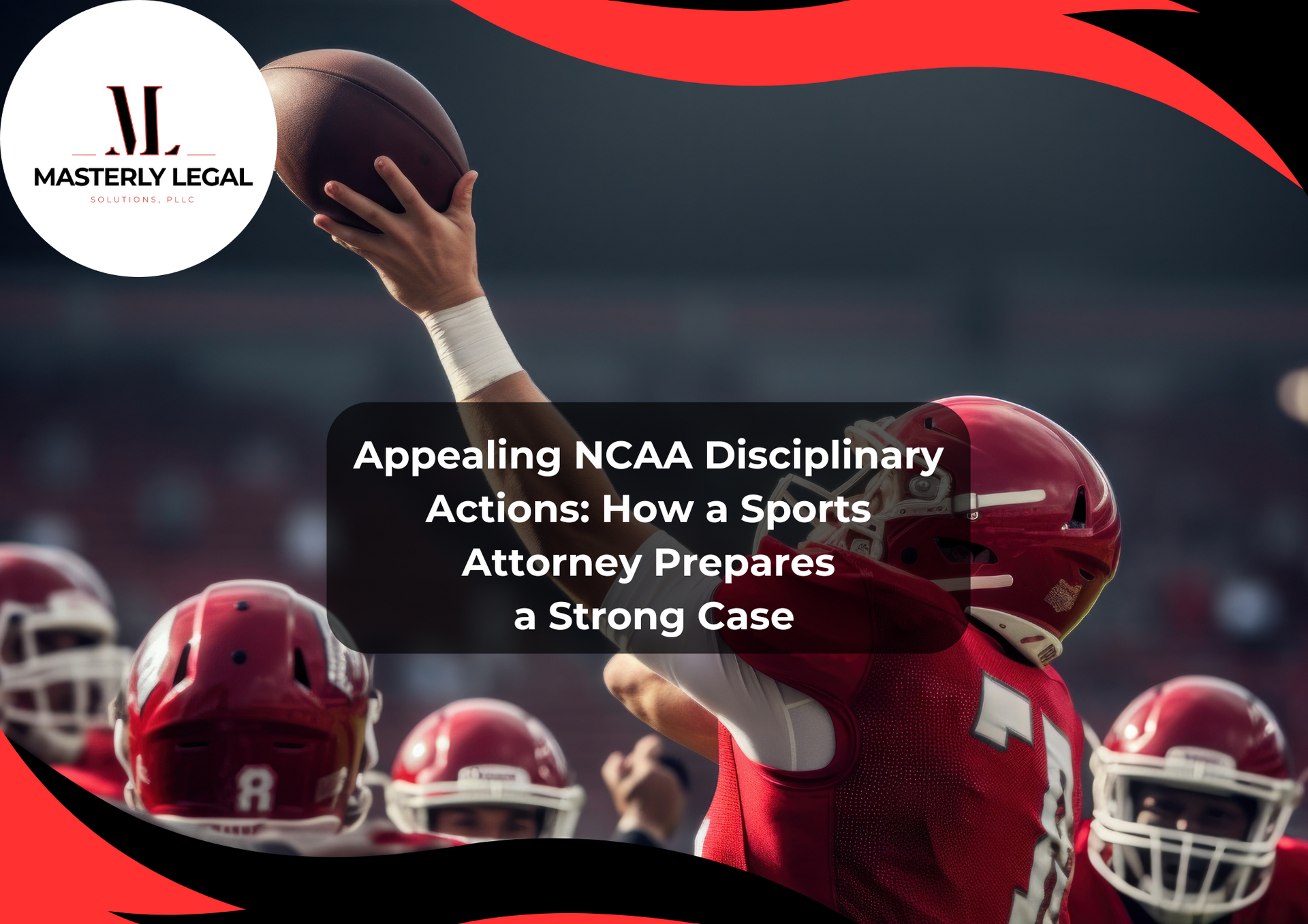Texas Educators: Steps to Take After Receiving a TEA Complaint Notification
Understanding the TEA Complaint Process
Receiving a complaint notification from the Texas Education Agency (TEA) can be stressful for educators. The TEA is responsible for overseeing education law compliance across public schools, charter schools, and other educational institutions in Texas. Complaints can stem from issues related to special education services, disciplinary proceedings, or alleged violations of education law. Educators must understand their rights and obligations when responding to a complaint to protect their teaching credentials and career.
Common Reasons for TEA Complaints
Complaints filed with the TEA can arise from various situations, including:
- Allegations of misconduct or inappropriate behavior
- Violations of school discipline policies
- Issues involving special education services and IEP meetings
- Claims of Title IX violations or sexual harassment
- Disputes over due process hearings and grievance hearings
- Complaints from parents, students, or school administrators regarding teacher performance
Understanding the nature of the complaint is essential in developing an effective response strategy.
Immediate Steps to Take Upon Receiving a TEA Complaint
1. Review the Complaint Carefully
The first step after receiving a TEA complaint notification is to read the document thoroughly. Identify the specific allegations, the individuals involved, and any deadlines for response. Missing critical deadlines can negatively impact your ability to defend yourself effectively.
2. Contact an Experienced Texas Education Lawyer
Seeking legal counsel from an education law firm is crucial. Education attorneys specialize in representing students, teachers, and school employees in legal matters concerning the Texas education system. An experienced lawyer can help educators understand the complaint, develop a response strategy, and advocate on their behalf.
3. Gather Relevant Documentation
Compile all documents related to the complaint, including:
- Employment records and performance evaluations
- Communication with students, parents, and administrators
- Disciplinary records or previous allegations
- Special education services documentation if the complaint involves an IEP or special needs children
- Policies from the school district and state board regarding the matter
Having a well-documented response can strengthen your position in administrative hearings.
4. Respond Promptly and Professionally
Educators should prepare a formal response to the complaint. If required, an education attorney can draft a response that addresses the allegations while protecting the educator’s legal rights. The response should be factual, professional, and supported by relevant evidence.
5. Cooperate with the Investigation
TEA investigations may involve witness interviews, review of school policies, and administrative hearings. Teachers and school employees should cooperate while ensuring they have legal representation to guide them through the process.

Navigating the Investigation and Hearing Process
The Role of School Districts and Administrators
School districts and school administrators play a key role in TEA investigations. They may be required to provide documentation, statements, and compliance records. Educators should maintain open communication with their school system but rely on legal counsel to guide them in addressing administrative matters.
Due Process and Disciplinary Hearings
Educators facing disciplinary hearings must understand their rights under Texas education law. The Texas Education Agency provides an appeal process for teachers who believe they have been unfairly accused or disciplined. Legal representation is crucial to ensuring fair treatment during hearings.
Special Considerations for Charter Schools and Public Schools
Charter schools and public schools operate under different governance structures. Teachers in charter schools should review their employment contracts and legal protections, as these may differ from those in traditional public education settings. Education law firms can help educators navigate these complexities.
Protecting Your Career and Reputation
The Importance of Legal Representation
Education lawyers have extensive experience defending teachers and school employees in legal issues such as school discipline disputes, Title IX investigations, and special education cases. They serve as advocates for educators, ensuring their rights and interests are protected throughout the investigation process.
Preventative Measures to Avoid Future Complaints
Educators can take proactive steps to minimize the risk of complaints, including:
- Maintaining clear communication with students, parents, and administrators
- Following school policies and procedures meticulously
- Keeping detailed records of interactions and decisions
- Participating in ongoing professional development and legal training
By staying informed about Texas education law and school policies, educators can reduce the likelihood of facing disciplinary proceedings.
Navigating a TEA Complaint: Essential Steps for Texas Educators
Receiving a Texas Education Agency (TEA) complaint notification can be a stressful experience for teachers, administrators, and other school employees. The process requires careful attention, as the outcome may impact an educator’s career, reputation, and job security. Whether you work in public schools, colleges, or universities, understanding the right steps to take is essential in protecting your rights and responding effectively.
One of the first actions an educator should take is consulting with experienced legal services to ensure compliance with TEA regulations and civil rights protections. A knowledgeable attorney can guide clients through the investigation process, whether the complaint involves bullying, special education disputes related to an individualized education plan, or alleged misconduct leading to administrative leave. TEA complaints may also affect families and students with disabilities, making it crucial to address concerns with a well-prepared response. Seeking professional representation and proactively managing the situation can help Texas educators maintain their careers and continue serving their students effectively.
Understanding TEA Complaints and Their Impact on the Texas School System
A TEA complaint can have significant consequences not only for individual educators but also for the broader school system. When a teacher, administrator, or other school employees receive a complaint notification, it is essential to respond promptly and appropriately to safeguard their career and maintain the integrity of the educational institution.
Many colleges, universities, and K-12 schools have policies in place to handle TEA investigations, particularly when complaints involve bullying, civil rights violations, or disputes regarding individualized education plans for students with disabilities. Educators facing a complaint may be placed on administrative leave, which can impact their job security and reputation. Seeking professional legal services is a critical step in ensuring a fair and thorough response to the allegations. A proactive approach can help clients navigate the process while preserving their role in the school system and continuing to serve families and students effectively.
Protecting Your Interests After a TEA Complaint in Texas
When Texas educators receive a TEA complaint notification, it is crucial to act quickly to protect their interests and ensure a fair investigation. Whether you work in K-12 education, colleges, or universities, a complaint can impact your career, reputation, and ability to serve students effectively.
Educators should familiarize themselves with their rights and seek professional legal services to navigate the complaint process. Allegations involving bullying, civil rights violations, or disputes over individualized education plans can lead to serious consequences, including administrative leave. Many colleges and schools have policies in place to support educators through investigations, but having independent legal counsel ensures that your best interests remain the priority. Addressing the complaint with a strategic, well-informed response can help educators maintain their standing within the school system and continue serving families and students with integrity.
Contact Us for Legal Assistance
If you have received a TEA complaint notification, it is crucial to take immediate action to protect your career and reputation. At Masterly Legal Solutions, our education attorneys have extensive experience in handling legal matters for teachers, school employees, and administrators. We understand the complexities of Texas education law and are committed to providing educators with strong legal representation.
Contact us at (972) 236-5051 for a free consultation. Our team is here to guide you through the process and ensure your rights are protected.
Disclaimer: This article is for informational purposes only and does not constitute legal advice. If you need legal assistance, please consult with a qualified Texas education lawyer.


Looking for Legal & Business Solutions? Contact Us Now
Fill in the form or call us to set up a meeting












